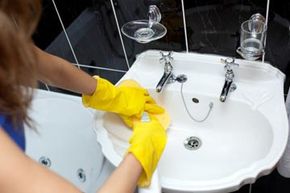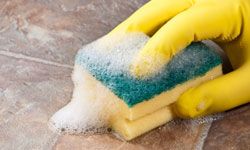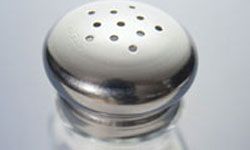I consider myself a pretty clean and tidy person. Throughout my workweek, I try my best to pick up after myself and do the daily maintenance necessary to keep my house clean; however, inevitably by the weekend, I'm taking on cleaning projects that take up the better part of a day. On my weekend! Just like clockwork, as the week winds down, the clutter in my house builds up. I can't help but imagine that I'm not alone in this seemingly insurmountable battle to keep my house in tip-top shape.
How often to clean a room in your house depends on the purpose of the room and how frequently you use it. Much as I try to convince myself that I am keeping my house clean daily, in reality, I could probably spend a little more time on the daily clean-ups so that I don't have a massive cleaning job every weekend. For those of us who don't love housework, the key to doing less overall, is to do a little more each day. And most of these daily tasks can be done in 30 minutes or less.
Advertisement
Let's start with the living room and bedroom. To give your bedroom a neat and tidy appearance, make your bed each day and straighten up any clutter that has accumulated. In your living spaces, wipe finger prints off shelves and tables, and tidy up general clutter every day. Once a week, dust the furniture, pictures, and electronic equipment, clean any mirrors and vacuum or sweep the floors.
That's good enough for those areas. But what about the spaces that tend to get messier more quickly, like your kitchen and bathroom? We'll explore those next.
Advertisement




